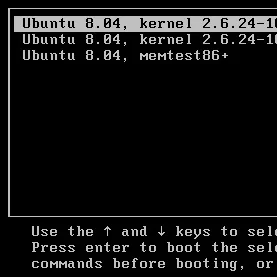Chimera Linux Pushes Ahead For FreeBSD User-Space Atop Linux, Built Using LLVM

Chimera Linux isn't the first attempting an interesting marriage of BSD and Linux components. In the past there has been the likes of UbuntuBSD for Ubuntu atop BSD, Debian GNU/kFreeBSD, and other interesting combinations but ultimately never gaining traction and fizzled out like so many Linux distributions over the years. Chimera Linux though over its short tenure since the middle of last year has been working out well and trying to be innovative with its choices and building just not yet another cosmetically different platform.
Daniel Kolesa of Chimera Linux presented at last weekend's FOSDEM 2022 conference on the project. Atop the Linux kernel Chimera is running the FreeBSD userland, building its packages using LLVM/Clang, making use of musl libc, and various custom tooling components. Most of their packages are also built using Clang's Thin LTO optimizations. The system/service manager is Dinit. Meanwhile Wayland is the preferred display server for Chimera Linux. PipeWire also handles the audio server needs on this distribution.
Those wanting to learn more about Chimera Linux can do so via the FOSDEM 2022 presentation material or heading straight over to Chimera-Linux.org.
51 Comments

